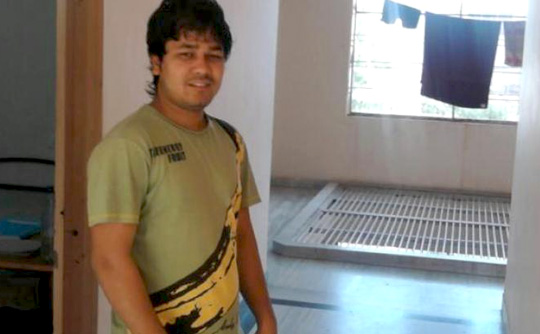Patna, Feb 6: In an inspiring tale of triumph against adversities, a final-year student of IIT Kharagpur, who is the son of a welder in Bihar, has bagged a job with US-based Microsoft with an annual starting salary of Rs 1.02 crore.
21-year-old Vatsalya Singh Chauhan, who bagged the dream job, hails from Khagariya village in the eastern state where his father runs a small welding workshop. IIT Kharagpur Director Partha Pratim Chakraborty in his Facebook page on Thursday congratulated Vatsalya. Vatsalya says he had overcome a poor performance in 2009 at a coaching institute here to clear the IIT entrance exam with an All-India Rank of 382.
“I was offered Rs 1.02 crore per annum salary package by Microsoft and I will be joining in October this year,” he said.
He credits his success to two teachers who mentored and motivated him to pull himself together when he had decided to give up and return home. Vatsalya’s father, Chandra Kant Singh Chauhan, said he is elated at his son’s success and wants him to bring pride to his country.
“My 20-year-long devotion has yielded result and my dream has come true. My son is now going out of India and I want that he should work for the country to glorify the nation’s name abroad,” he said. Chandra Kant, who has two more sons and three daughters said he has now sent one of his daughters to Kota to prepare for medical entrance exam.






Comments
congratulations... wish you a very successful career ahead...
Great effort brother.
Your efforts and your parents dedication and your teachers inspiration and guidance and above all God's will has made you successful.
Congratulations and wishing you success in your new assignment.
Add new comment